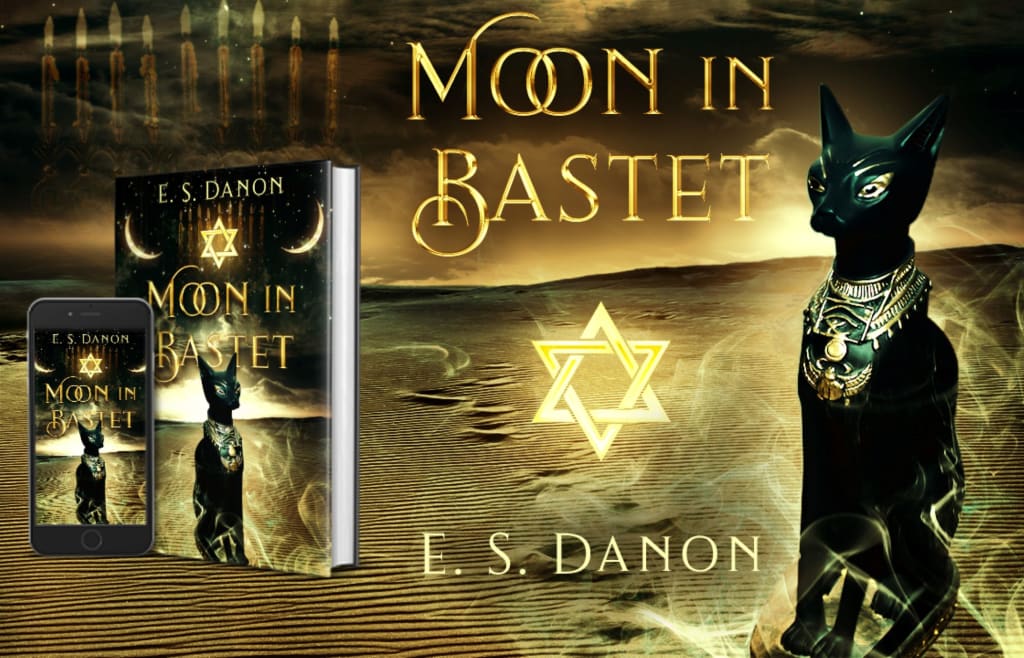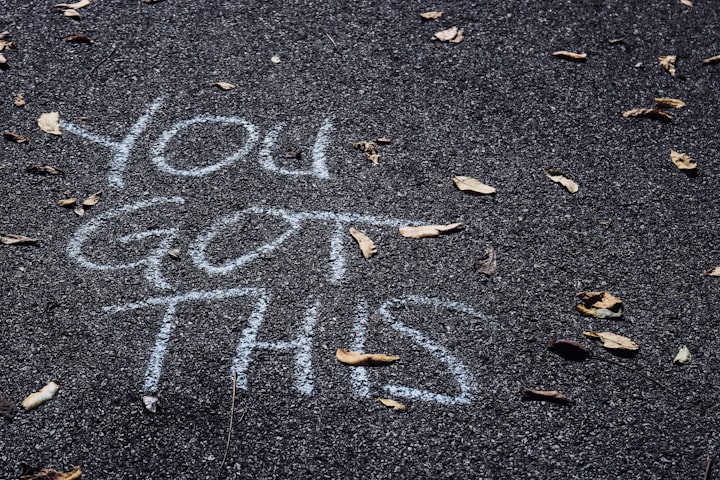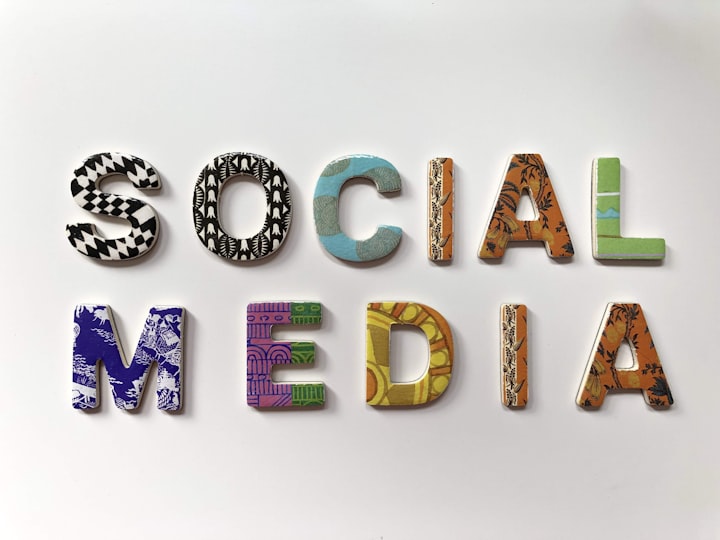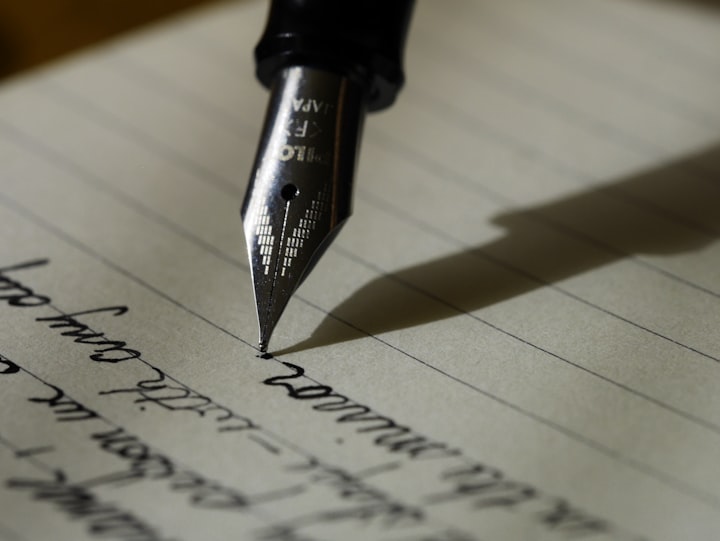8 Things I Wish I knew When Writing My Novel
Advice

Writing a novel is a sludge of anxiety, burnout, and utter satisfaction. Yes, it can be satisfying while also being burdensome. I spent many sleepless nights either working on my novel or lying awake thinking of my novel. It was hard and still can be at times, but the reward of giving my voice to the world is worth the struggle. Because I'm debuting my first novel, I'd like to help my fellow emerging authors with a list of things that I wish I knew while writing my MS (manuscript.)
1. Set a goal word count.

Yes - writer's block is a thing; or as I like to call it, writer's "Wah I don't wanna write." There will be many times where you won't want to write, but if you have a routine you can get past this. That's why having a goal word count per day is important. Not having one will most likely trigger a doomsday episode for the novel you've only half-written. Even if you don't reach your goal every day, the fact that you're still writing every day is what will get your book written. Mine was 2000 words, but sometimes I only wrote a page. And if I took a day off, I made up for it on another day.
2. Don't be afraid of rejection or constructive criticism.

You will get rejected; It happens to everyone. Whether it's to a literary agent or a publisher, sending a query can be more difficult than actually writing the damn MS. My advice is to not give up. Keep revising your MS and query letter until you find your niche.
3. Don't be afraid of hybrid publishers.

These publishers are half-indie and half-traditional. They work very much like a traditional publisher but on a much smaller scale. Additionally, most times they don't offer an advance. However, working with a hybrid publisher also means that they have more time to dedicate to you and your book. I went the hybrid route and am very happy with that decision.
4. Use social media to connect with publishers and literary agents.

I found my publisher on Instagram. They posted that they were open to queries so I gave it a shot. After being rejected by countless literary agents, it was refreshing to get the support of a publisher without even needing a literary agent.
The moral of this story is: there's more than one route to getting a book published.
5. Don't pay for editing.

Seriously, once signed either your lit agent or publisher will hook you up with the goods. Don't pay for anything. If you do, it's likely you're being sucked into a vanity company.
Stay away from anyone that offers to help you publish and/or edit your book but charges.
6. Be prepared to revise. A lot. And developmental editors rock.

In fact, your book might look entirely different from when you sign on with a publisher to the time it's published. I cut over half my book after signing with my publisher and pretty much rewrote everything... like four times. Don't be taken aback, it's just part of the process.
Having a developmental editor is the most kick ass thing that can ever happen to your book. They are the ones who will be working through most of the revisions with you. They're there for one reason: for your success. So bye-bye plot holes and character flaws.
If you don't believe me, then look up Harper Lee and her revision process with How to Kill a Mockingbird.
7. Yes - you need to read.

There was a two year period before I wrote my book where I barely had time to read. I found myself reading daily articles on current events and history. It gave me a proper worldview to help me take on such a venture as novel writing.
Even so, try to at least read one novel in your chosen tense. I read multiple novels in between my revisions and it helped to give me a better picture of what my editor was trying to say.
8. Don't be afraid of third person, present tense.

There are many haters of third person, present tense, albeit there being many talented and famous authors who use it. So to the haters I say, "Let them eat cake."
Use whatever tense you're most comfortable with.






Comments
There are no comments for this story
Be the first to respond and start the conversation.